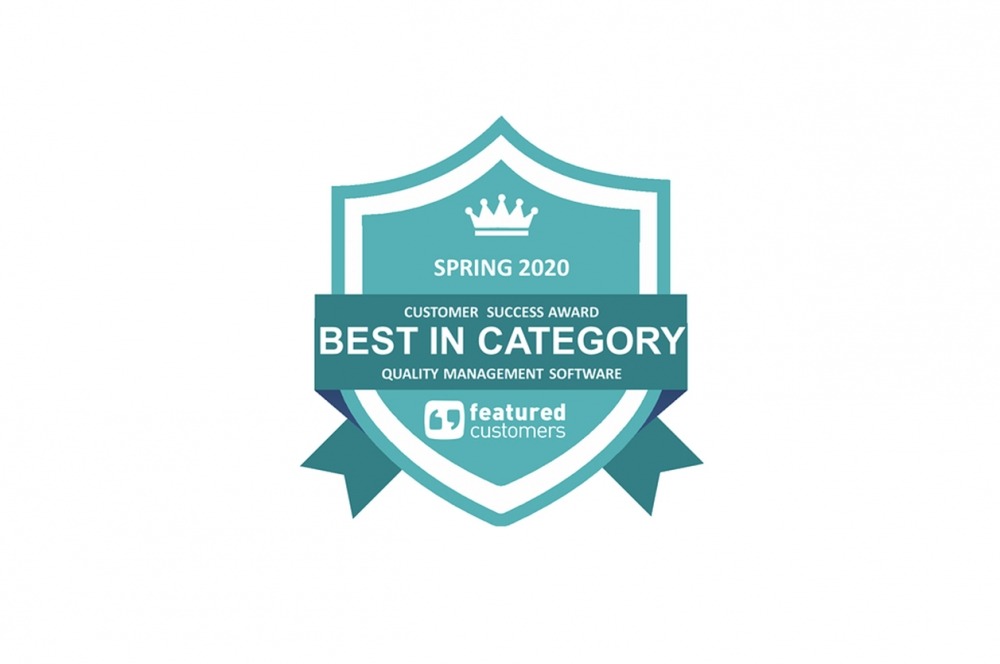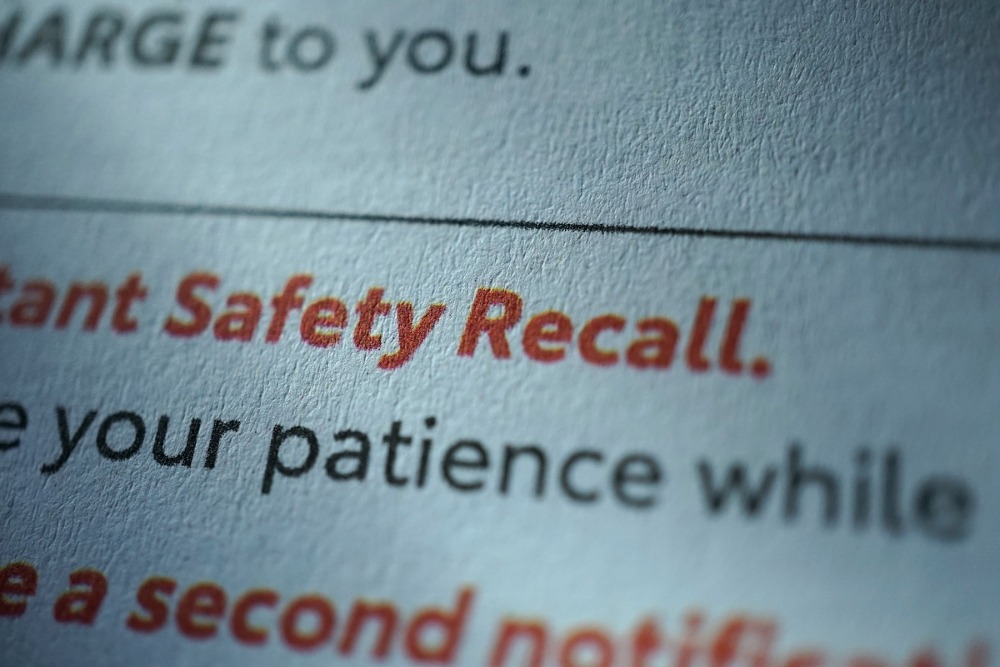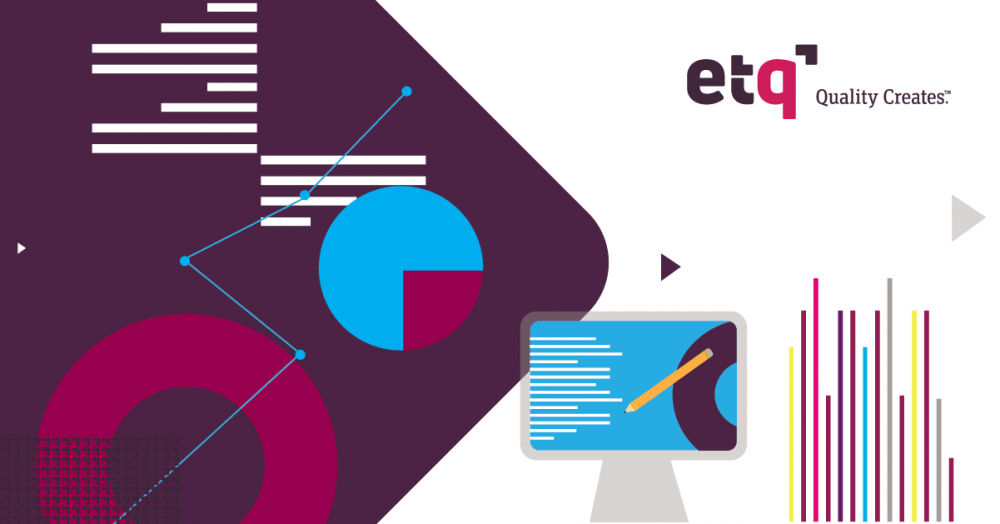At ETQ, we spend a lot of time thinking about our “customers’ customer.” Today, in the midst of the Coronavirus pandemic, it is conceivable that some of our customers’ customers are, in fact, every single one of us. From life science and healthcare companies of all kinds delivering badly needed supplies and researching potential treatment and vaccine options, to “traditional” manufacturing companies modifying their production lines to build healthcare equipment, our respect and admiration for our customers grows daily.













